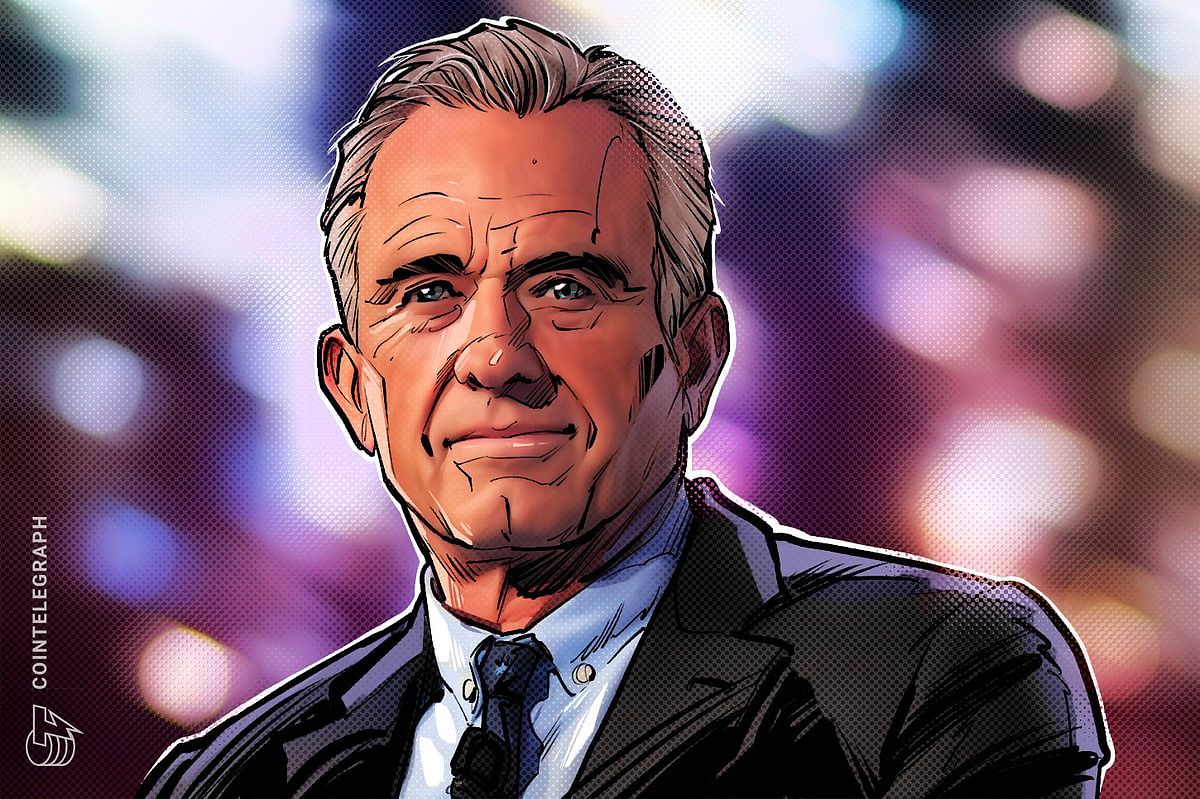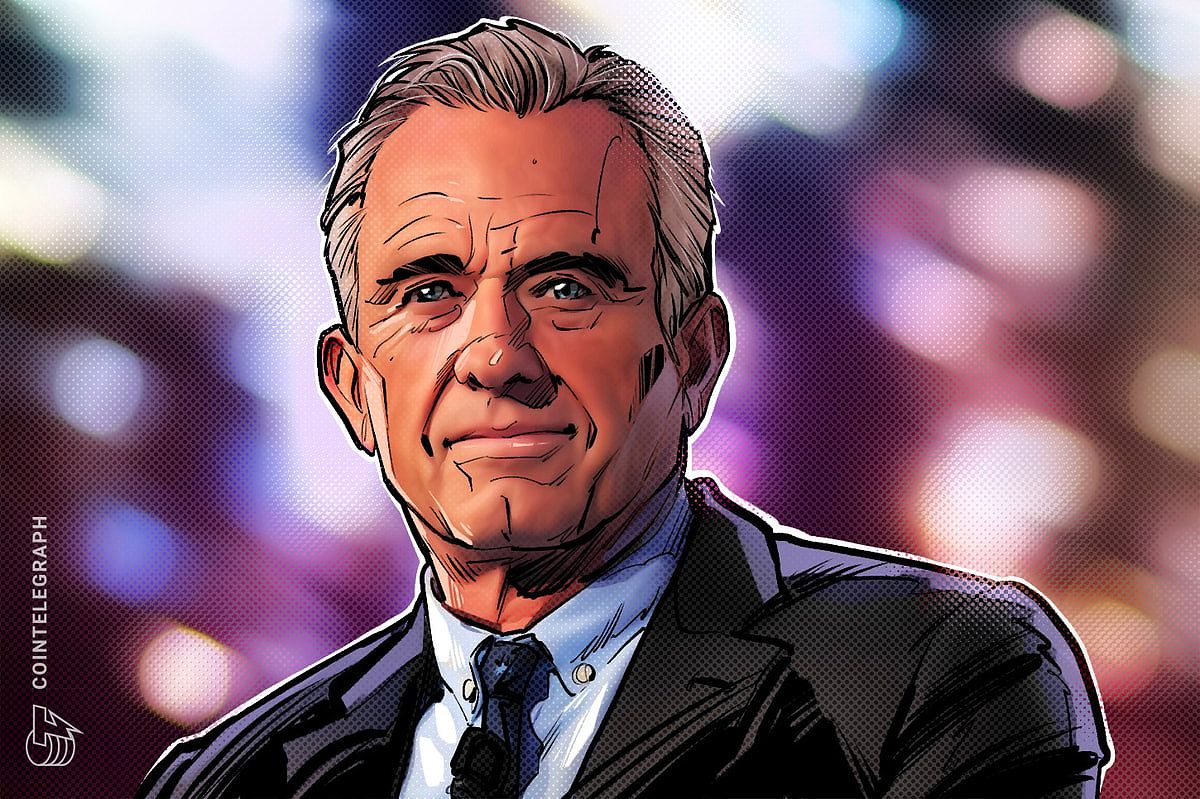Robert F. Kennedy Jr.’s pursuit of the presidency in 2024 has catapulted cryptocurrencies into a central theme of American political dialogue. By placing blockchain technology at the core of his campaign, Kennedy ignites critical discussions about the future of digital assets and their regulatory landscape. This intersection of politics and crypto not only captivates enthusiasts but also raises pertinent questions regarding the implications of his stance on the broader financial ecosystem.
RFK Jr-‘s Crypto Advocacy

Kennedy’s fascination with cryptocurrencies predates his presidential ambitions, as he has long championed the transformative potential of Bitcoin and blockchain technology. His advocacy is driven by a firm belief in the principles of decentralization, standing in stark contrast to traditional financial paradigms. Notably, he has voiced apprehensions regarding central bank digital currencies (CBDCs), warning that they threaten individual privacy and diminish financial autonomy.
In articulating his vision, Kennedy underscores several advantages that cryptocurrencies and blockchain technology present:
- Financial Inclusion: Cryptocurrencies can bridge the gap for unbanked and underbanked populations, enabling access to essential financial services.
- Transparency and Security: The immutable nature of blockchain can enhance the integrity and security of financial transactions, fostering trust.
- Economic Empowerment: By empowering individuals with greater control over their financial resources, cryptocurrencies can diminish reliance on conventional banking systems.
RFK Jr-‘s Crypto-Focused Campaign Platform
Kennedy’s campaign is punctuated by a series of well-defined policy proposals that resonate with the crypto community:
- Promoting Bitcoin Adoption: He advocates for the recognition of Bitcoin as a legitimate currency within the United States, encouraging its integration into the economy.
- Opposing CBDCs: Kennedy’s strong opposition to a U.S. CBDC is rooted in his belief that such a system would erode privacy and undermine the financial liberties of citizens.
- Supporting Blockchain Innovation: He champions policies designed to stimulate innovation in the blockchain sector, aiming to nurture the development of decentralized applications.
The Impact of RFK Jr-‘s Crypto Campaign
Kennedy’s crypto-centric campaign has sparked extensive dialogue within the digital asset community, generating both support and skepticism regarding its potential ramifications.
Pros:
- Increased Visibility: His campaign has succeeded in elevating crypto discussions to mainstream political discourse, fostering greater awareness of its benefits and challenges.
- Policy Influence: By advocating for a more crypto-friendly regulatory environment, Kennedy could sway policymakers to adopt favorable regulations that enhance the industry’s growth.
- Empowerment of the Crypto Community: His candidacy has galvanized the crypto community, encouraging active participation in political advocacy.
Cons:
- Limited Political Viability: Despite the enthusiasm within certain circles, Kennedy’s campaign faces substantial hurdles in garnering broad-based support and achieving electoral success.
- Potential for Misinformation: There exists a risk that his campaign could inadvertently propagate misconceptions about cryptocurrencies, potentially damaging the industry’s credibility.
- Overly Optimistic View: Critics argue that Kennedy’s perspective on crypto may lack sufficient nuance, as it could overlook inherent risks and complexities within the ecosystem.
Conclusion
In summary, Robert F. Kennedy Jr.’s presidential campaign has undeniably amplified the dialogue surrounding cryptocurrencies in the United States. His unwavering support for Bitcoin and blockchain technology, coupled with his staunch opposition to CBDCs, has catalyzed discussions about the future of digital assets and their integration into the U.S. economy. Regardless of the ultimate outcome of his campaign, Kennedy’s efforts have spurred heightened awareness and engagement with cryptocurrency-related issues among policymakers and the general public alike. As we navigate this evolving landscape, the implications of his advocacy will likely resonate well beyond the election cycle, shaping the future of financial systems in America.

